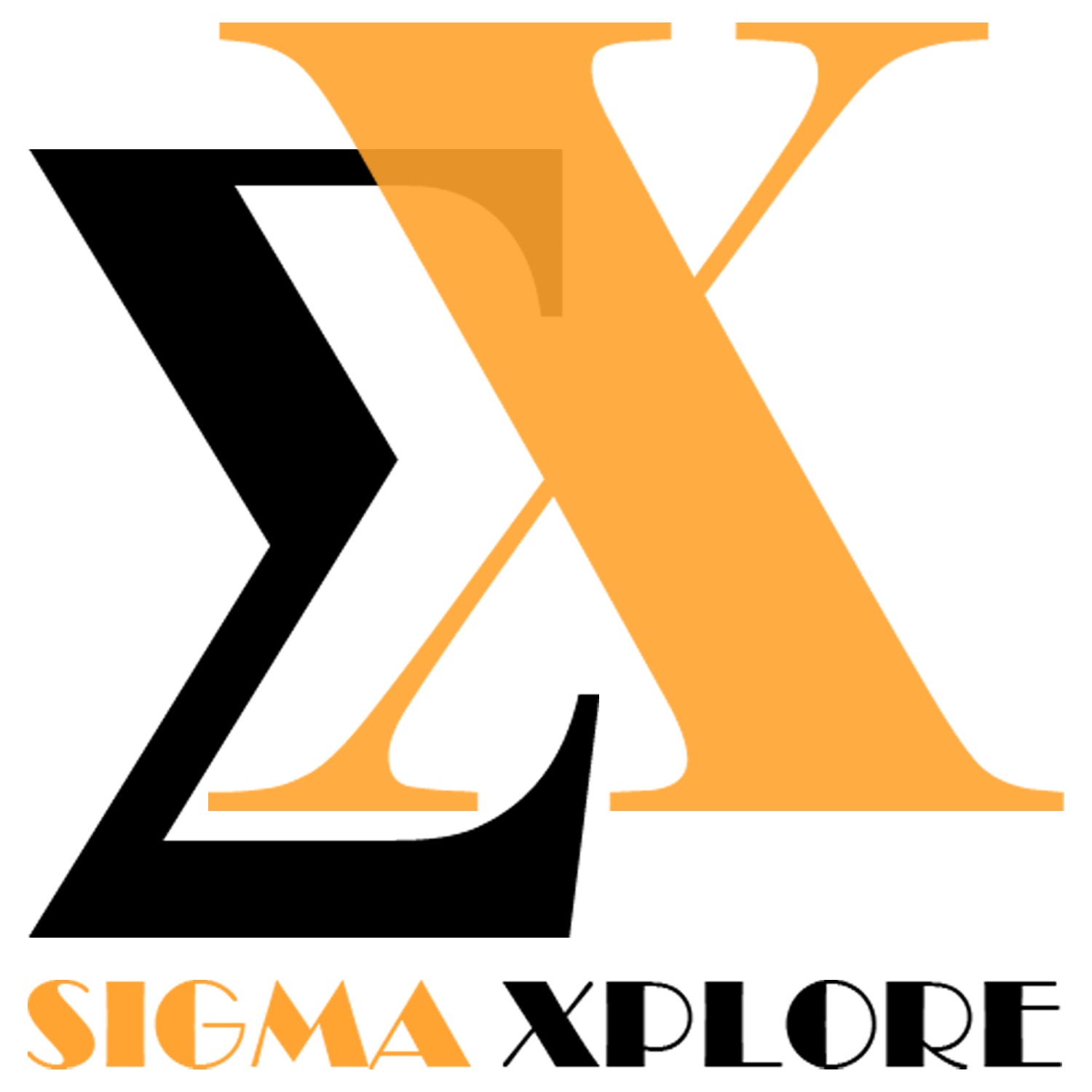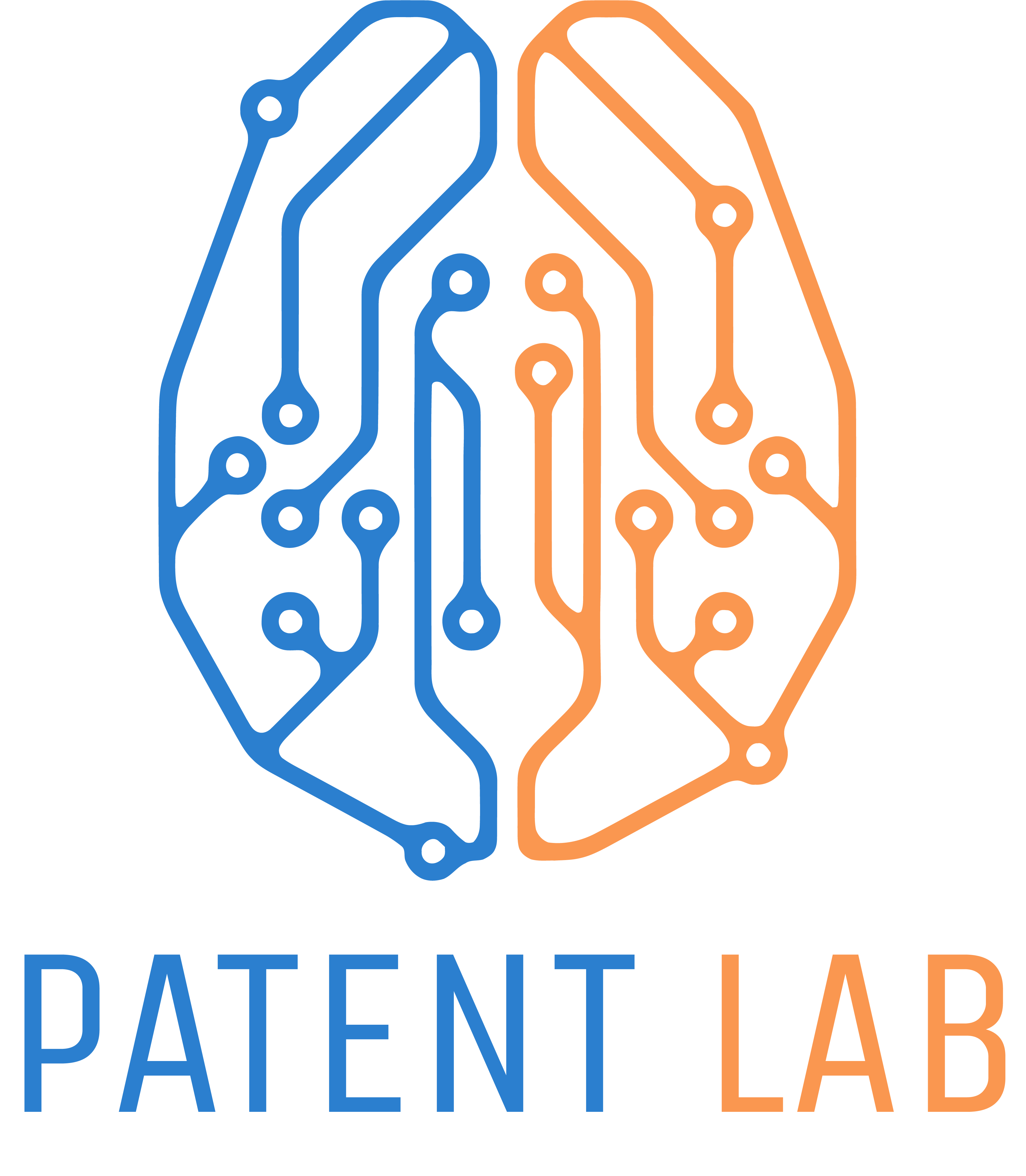Publication Ethics
Authors, reviewers, and editors all have ethical obligations with regard to published science. In order to maintain high ethical standards of publication, the publisher attempts to work closely with journal editors, authors, and peer-reviewers. The ethics statement for the AI Letters is based on those by the Committee on Publication Ethics (COPE) Code of Conduct guidelines available at www.publicationethics.org. The essentials of AI Letters publishing ethics for all groups involved in the publication process are as follows:
Editors’ Responsibilities
- The editor of a journal holds a vital position in making important editorial decisions on all peer-reviewed submitted for publication.
- The editor should attempt to ensure timely peer review and publication process and should avoid unnecessary delays.
- The editors and other editorial board members should not be involved in editorial decisions on their own submitted work. They should be excluded from publication decisions when they are authors or even have contributed to a manuscript.
- The editor should give peer reviewers explicit guidance on their roles and responsibilities and monitor their performances for quality and timeliness.
- The editor should ensure confidential handling of the submitted manuscripts and not disclose any information on submitted manuscripts before their publication.
- The editor should assess manuscripts for their scientific quality content, in an unbiased manner and free from any decisions based on discrimination of race, gender, geographical origin, or religion of the author(s). The editor should evaluate manuscripts regarding to their academic merit free of any self-interest.
Peer Reviewers’ Responsibilities
- Peer reviewers should provide a detailed, constructive, and unbiased evaluation in a timely manner on the scientific content of the submitted work. They should judge each manuscript on its merits, without regard to race, religion, nationality, sex, seniority, academic degree, or institutional affiliation of the author(s).
- Peer reviewers should play an important role in identifying misconduct such as possible data fabrication, falsification, plagiarism, image manipulation, unethical research, redundant or duplicate publication, conflict of interests and notify the journal editor as the possibility of such problems exists.
- Peer reviewers should respect the confidentiality of the complete review process.
- Peer Reviewers should provide a constructive, comprehensive, evidenced, and appropriately substantial peer-review report.
- Peer Reviewers must avoid making statements in their report which might affect any person’s reputation.
- Peer Reviewers are required to only agree to peer review manuscripts within their expertise and within a reasonable timeframe.
- Peer Reviewers should notify the editor in the case of declining the review in any case.
- Peer Reviewers are required to destroy submitted manuscripts and all related material after they have reviewed them.
- The peer-review process is double-blind.
Authors’ Responsibilities
- Authors should make publicly available all the results of their research and are accountable for the completeness and accuracy of their reports.
- Author(s) should warrant that the submitted manuscript is from their own original work, which does not infringe the intellectual property rights of any other person or entity, and it is free from any kind of plagiarism, including their own previously published work.
- All authors named on the paper are equally held accountable for the content of a submitted manuscript or published paper although having different contributions.
- The work should not have been published elsewhere or submitted to any other journal(s) at the same time.
- Author(s) must clearly declare any potential conflict of interest.
- Author(s) must disclose all sources of funding for the research reported in the paper.
- If asked to provide a list of suggested reviewers, the author(s) must provide the correct details for suitable reviewers with the appropriate experience to review, ensuring that the suggested reviewers do not have a conflict of interest.
- Author(s) must obtain permission from any content used from other sources.
- Attribution: The Author agrees to attribute AI Letters as the journal of first publication in any future uses of the article.
Licensing
All papers in the journal are licensed under a Creative Commons Attribution 4.0 International License permitting redistribution and using the materials in any medium or format for any purpose even commercially only to the requirement that the original or source work is properly cited and also in accordance with a CC-BY license.
Copyright Policy
- By submitting a manuscript to AI Letters, authors implicitly agree to adhere to the journal’s publication terms, which are as follows
-
- Declaration of Originality: The author (corresponding) affirms that the manuscript submitted to AI Letters is original, has not been previously published in any form, and is currently not under consideration for publication by any other journal or publication platform.
- Publication Status: The manuscript has not been previously published in part or in whole, except as an abstract, in any journal or magazine for private or public circulation.
- Plagiarism Awareness: The author is fully aware of the implications of plagiarism and attests that no part of the manuscript has been copied verbatim from other sources.
- Conflict of Interest: The author declares no conflict of interest, financial or otherwise, beyond those disclosed.
- Manuscript Review: The author has reviewed the final version of the manuscript and takes full responsibility for its contents.
- Authorship and Contribution: The work described is the author’s own, and their contribution is significant enough to warrant authorship.
- Acknowledgment of Contributors: All individuals who have made substantial contributions to the work have been acknowledged, and no one entitled to authorship has been omitted.
- Authors are responsible for determining if any material submitted (including figures or illustrations) is subject to copyright or ownership rights. If such a determination is made, authors are required to obtain permission from the copyright owner(s) and must submit evidence of this permission along with the manuscript.
AI Letters provides immediate open access to its content on the principle that making research freely available to the public supports a greater global exchange of knowledge. So long as attribution/citation is given to the article and journal under the CC-BY license, anyone (including the author and their home institution) may copy, distribute, link to, or reuse the content as long as the author and original journal source are properly cited. This policy facilitates freedom in re-use and also ensures that AI Letters content can be text and data mined without barriers.
Plagiarism Policy
The peer-review process is a crucial part of our journal. To protect and enhance the peer review process as a part of our journal commitment, the AI Letters would like to ensure that all published papers have an accepted level of plagiarism.
All submitted manuscripts will be checked by plagiarism detection tools before starting cycles of review. Immediate rejection letters will be sent back to authors if the plagiarism percentage detected was higher than the acceptable level. For those cases that the manuscript is almost a copy version of others’ works, a serious academic punishment will be considered. Published articles will be removed/retracted from the whole journal’s media and their institutions will be notified if their plagiarism is proved after publication.
Retraction Policy
Owing to certain circumstances, a published article may at times, be retracted, removed, or may require a change. Retraction could be due to the following:
- Plagiarism
- Bogus Authorship
- Fraudulent Data
- Correction in Publication
The required actions based on the above cases in a published article and proven misconduct
- Blacklisting of all authors involved in the article, banning them from publishing any content with the AI Letters.
- PDF of the article will no longer be available online.
- The retraction note will be written in the initial PDF document.

